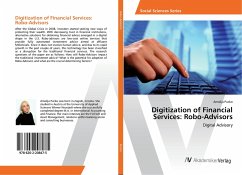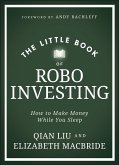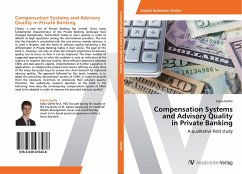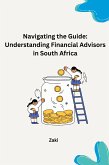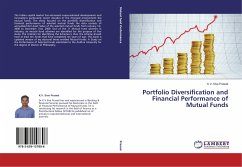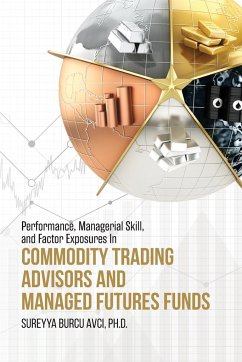After the Global Crisis in 2008, investors started seeking new ways of protecting their wealth. With decreasing trust in financial institutions, alternative solutions for obtaining financial advice emerged in a digital shape in the U.S. Robo-advisors are low-cost online services that provide fully automated investment advice aimed at affluent Millennials. Since it does not involve human advice, and due to its rapid growth in the past couple of years, this technology has been classified as a disruption for the traditional financial services. The research questions of the paper are as follows: How will Robo-Advisors impact the traditional investment advice? What is the potential for adoption of Robo-Advisors and what are the crucial determining factors?
Bitte wählen Sie Ihr Anliegen aus.
Rechnungen
Retourenschein anfordern
Bestellstatus
Storno

